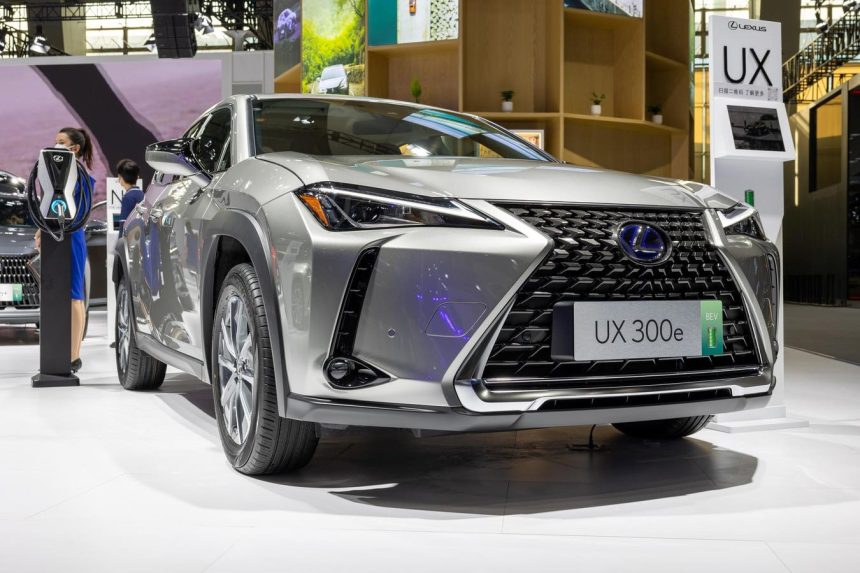Toyota’s latest financial results will remind automotive investors that timing is everything.
Toyota has been in a minority resisting the clamor, spurred by political decree, that EVs must be adopted as the only possible option to curb automotive carbon dioxide. Toyota’s highly successful hybrids have allowed it to exploit the softening in EV demand, but in the long run Toyota will still have to improve its EV range, and its latest financial report shows it is gearing up to do just that.
As the likes of GM, Ford, Mercedes and Volkswagen slash expensive EV ambitions in the U.S. and Europe because unsold vehicles were clogging up forecourts, Toyota has cashed in on its decision to concentrate on its strength in hybrids.
Hybrids have been big sellers in Europe and the U.S. as current EVs are shunned because of their high prices and lack of all-round utility. In Europe, many manufacturers were keen to demonstrate their virtue by early decisions to embrace politicians’ desires to end the sale of new combustion vehicles by 2035. Ford Europe was an early leader in the race, declaring in 2021 that it would go even faster and outlaw the sale of new ICE vehicles by 2030.
Ford Europe at a Financial Times conference in London Tuesday said it was rethinking that plan and would sell ICE vehicles if the public wanted them. The plan for eventual 100% electrification though remained. As EV sales stumble in Europe, other early adopters may have to reconsider their decisions. Volvo has also been quick to end ICE production in favor of EVs. JLR’s Jaguar plans its rebirth next year solely on EVs.
But Toyota will still have to invest heavily in electrification and acknowledged that after its recent financial results. In its fourth financial quarter ended March 31, Toyota said its operating profit jumped 77% to the equivalent of $7.34 billion, compared with the same period of 2023. At the same time, Toyota announced it expected operating profit would fall 20% in the current financial year including increased but undisclosed spending on EVs.
CreditSights, a Fitch solutions company, reckons Toyota still has a lot to do to gear up for the EV market.
“We applaud the investments that we believe should further its new energy vehicle offerings well beyond its hybrid electric vehicles, which account for more than one-third of its sales,” CreditSights said in a report.
“Automotive profit improvement was driven by increased sales of hybrids and high margin vehicles and price revisions in North America and Europe,” it said.
CreditSights noted Toyota’s automotive operating margin increased 4.7 percentage points to 11.2% in fiscal 2024. Electrified vehicles, of which 95% were hybrids, accounted for 37% of Toyota’s vehicle sales in the financial year.
CreditSights said Toyota expects EV sales will increase about 50% in the current financial year, but still only account for less than 2% of its global retail sales.
“While Toyota’s electrified vehicle path has been heavily focussed on hybrids, it plans to accelerate investments in EVs and fuel cell technology beginning this financial year,” it said.
The Financial Times Lex column said the forecast drop in operating profit shows Toyota is still playing catch up on EVs. But its expertise in hybrids and plug-in hybrids paid off handsomely as EV demand fell.
“But battery EVs still matter for Toyota because those vehicles are still propelling sales growth in China, one of its key markets,” Lex said.
EVs are expected to claim up to about 45% of all sales in the Chinese market this year.
Lex said thanks to its success with hybrids Toyota’s share price nearly doubled in the past year, and shares trade at more than twice the valuation of close rival Volkswagen.
According to Statista of Germany, Toyota sold the most autos globally in 2023 – 11.23 million, compared with 2nd place Volkswagen on 9.24 million.
Read the full article here
















